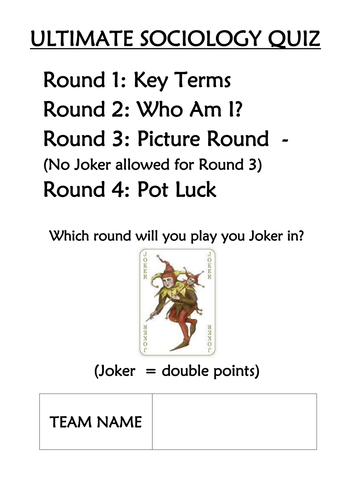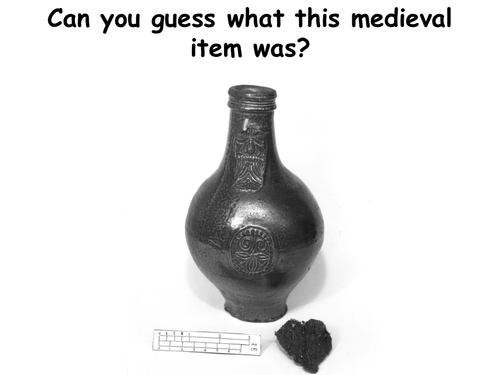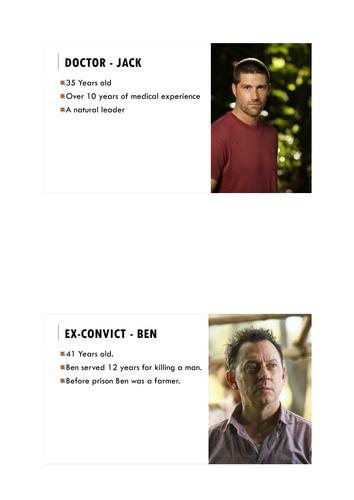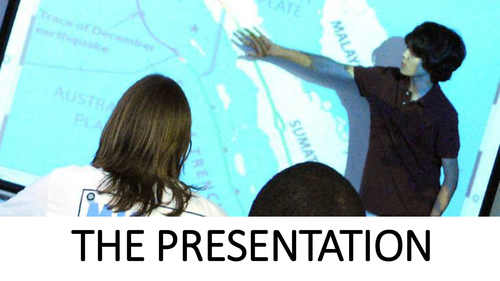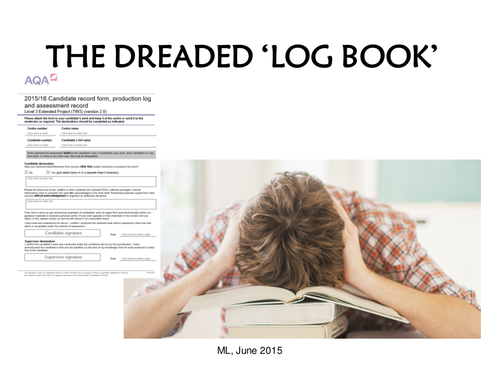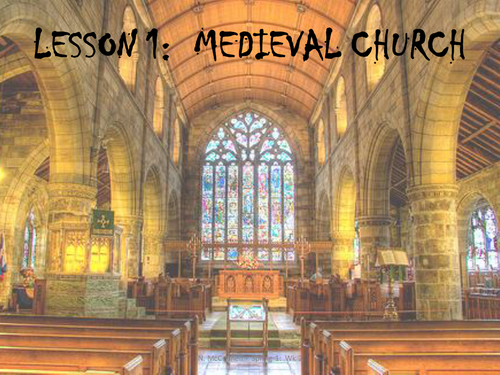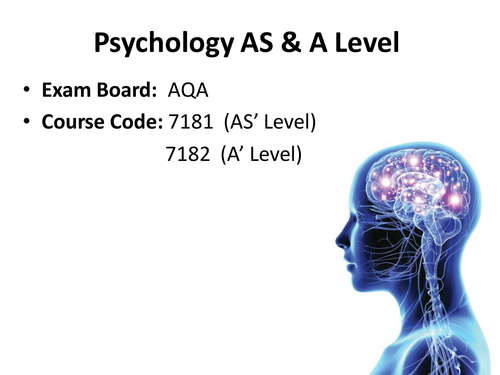Nic's Shop
I am Head of Social Sciences teaching AS/A level Sociology and Psychology. For many years I’ve taught History through to A'level and Archaeology through to GCSE and have been Citizenship/PSHE coordinator. I am currently an accredited Lead Practitioner (leading on Stretch and Challenge), an AQA Senior Examiner for Sociology Paper 3 and an AQA EPQ Moderator. I’ve authored an AS/A level Sociology Revision book for Paper 1 (AQA), published by Collins - for the current 2015 Spec.




